By Film Noir Blonde and Michael Wilmington
The unthinkable horrors and everyday nightmares on the home front during World War II are movingly depicted in three excellent new French films, which premiered at this year’s COLCOA French Film Festival: “The Innocents,” “Come What May” and “Fanny’s Journey.”
“The Innocents,” from director Anne Fontaine, received both the Audience Award and a Critics’ Special Mention. (Unlike 1961’s “The Innocents” – an adaptation of Henry James’ classic ghost story – by director Jack Clayton, starring Deborah Kerr, this film is based on fact.) Lou de Laâge stars as a French Red Cross doctor who comes to the aid of a Polish convent in 1945, after learning that several nuns have been raped by Russian soldiers. Fontaine’s graceful sweeping storytelling balances the shocking subject matter. She elicits memorable performances from the cast as she shows the nuns questioning their faith in varying degrees. Luminous cinematography and a somber score enhance the chilling mood.
In 1940, about 8 million French people left their homes as the invading German Panzers made their way through the Ardennes forest. “Come What May” tells the intimate story of a handful of villagers (August Diehl, Olivier Gourmet, Mathilde Seigner, Alice Isaaz and Matthew Rhys) as they abandon their town to head for the coast, where they hope to be safe from the invasion. Director and co-writer Christian Carion based the film on his mother’s real-life recollections of fleeing the Nazis at age 14. Beautifully made and acted, the film also boasts a score from Oscar winner Ennio Morricone. “Come What May” won the festival’s Critics’ Award.
In “Fanny’s Journey,” Léonie Souchaud plays Fanny Ben Ami, who in 1939, when she was 13, fended for herself and her younger sisters, after their father was arrested in Paris. The girls stay briefly in a refectory for Jewish children but when that is no longer safe, Fanny faces a fearsome duty: leading a group of children left on their own through Nazi-occupied Europe to the Swiss border.
Director and co-writer Lola Doillon (daughter of filmmaker Jacques Doillon) has made an exquisite-looking period film – both a tense thriller and tender coming-of-age story. She has carried on the family tradition of delivering effortlessly fresh and spontaneous performances from child actors. “Fanny’s Journey” is based on Ben Ami’s autobiography.
FNB writer Mike Wilmington called the film “an instant classic.”
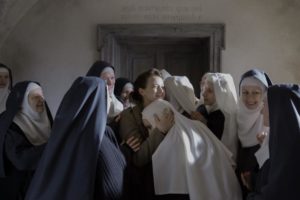
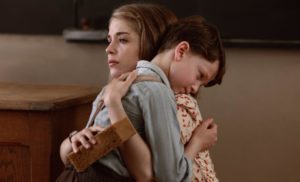
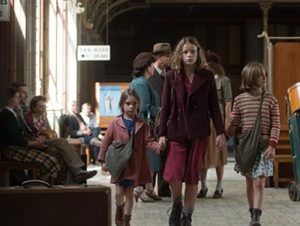





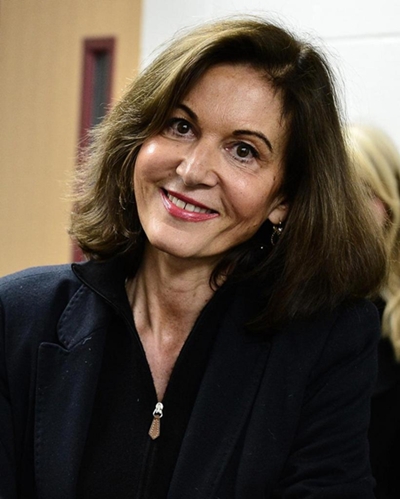
![coloca-logo5[1]](http://www.filmnoirblonde.com/wp-content/uploads/2014/04/coloca-logo51.png)
![our-heroes[1]](http://www.filmnoirblonde.com/wp-content/uploads/2014/04/our-heroes1.jpg)
![le-dernier-diamant[1]](http://www.filmnoirblonde.com/wp-content/uploads/2014/04/le-dernier-diamant1.jpg)
![amourcrime[1]](http://www.filmnoirblonde.com/wp-content/uploads/2014/04/amourcrime1.jpg)
![venus-in-fur[1]](http://www.filmnoirblonde.com/wp-content/uploads/2014/04/venus-in-fur1.jpg)
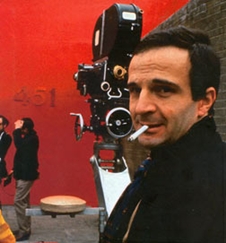
![la-belle-et-la-bete[1]](http://www.filmnoirblonde.com/wp-content/uploads/2014/04/la-belle-et-la-bete1.jpg)
![the-murderer-lives[1]](http://www.filmnoirblonde.com/wp-content/uploads/2014/04/the-murderer-lives1.jpg)





From FNB readers